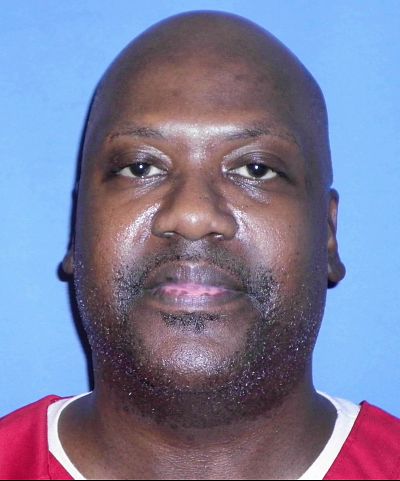The court sent the case back to Mississippi for further proceedings.
WASHINGTON — The Supreme Court on Friday reversed the conviction of a Mississippi death row inmate who said the state prosecutor repeatedly kicked black people off the jury each time he was tried for the same murders.
The court sent the case back to the state for further proceedings. Justice Brett Kavanaugh authored the majority opinion, which was joined by Chief Justice John Roberts, Justices Ruth Bader Ginsburg, Justice Stephen Breyer, Justice Samuel Alito and Justices Elena Kagan.
The ruling was a victory for Curtis Flowers, who is black. He was tried six times for the 1996 murder of four furniture store employees in Winona, Mississippi, where he had recently worked. Of the first five trials, one conviction was thrown out over questions about evidence and two resulted in mistrials.
But in the other two trials, state courts found that the prosecutor in the case, Doug Evans, wrongly excluded potential jurors on the basis of their race. In the case before the Supreme Court involving his sixth and most recent trial, Flowers again accused the prosecutor of impermissibly removing blacks from the jury.
When a jury is being selected, lawyers for each side are allowed to exclude a certain number of jurors for potential bias or other cause. But they are also allowed to make peremptory strikes, which require no explanation.
Three decades ago, the Supreme Court said prosecutors cannot use those strikes to remove jurors solely because of their race. In rulings since then, the court has explained how judges are to evaluate whether race was an improper factor in jury selection.
Lawyers for Flowers told the justices that Evans has a history of pushing blacks off juries. In his opinion, Kavanaugh wrote of Flowers' case: "The numbers speak loudly. Over the course of the first four trials, there were 36 black prospective jurors against whom the State could have exercised a peremptory strike. The State tried to strike all 36."
A key issue for the justices was how far back courts should go in examining a prosecutor's record in deciding whether juror exclusions in a specific case were motivated by racial bias. Sheri Lynn Johnson, the lawyer for Flowers, said there is no limitation on the history.
Justice Clarence Thomas asked a few questions when the case was argued in March, breaking his three-year courtroom silence. He wanted to know if the defense lawyers used any peremptory challenges to exclude potential jurors. Told that they did, Thomas asked, "And what was the race of the jurors struck there?" The answer: only whites.












